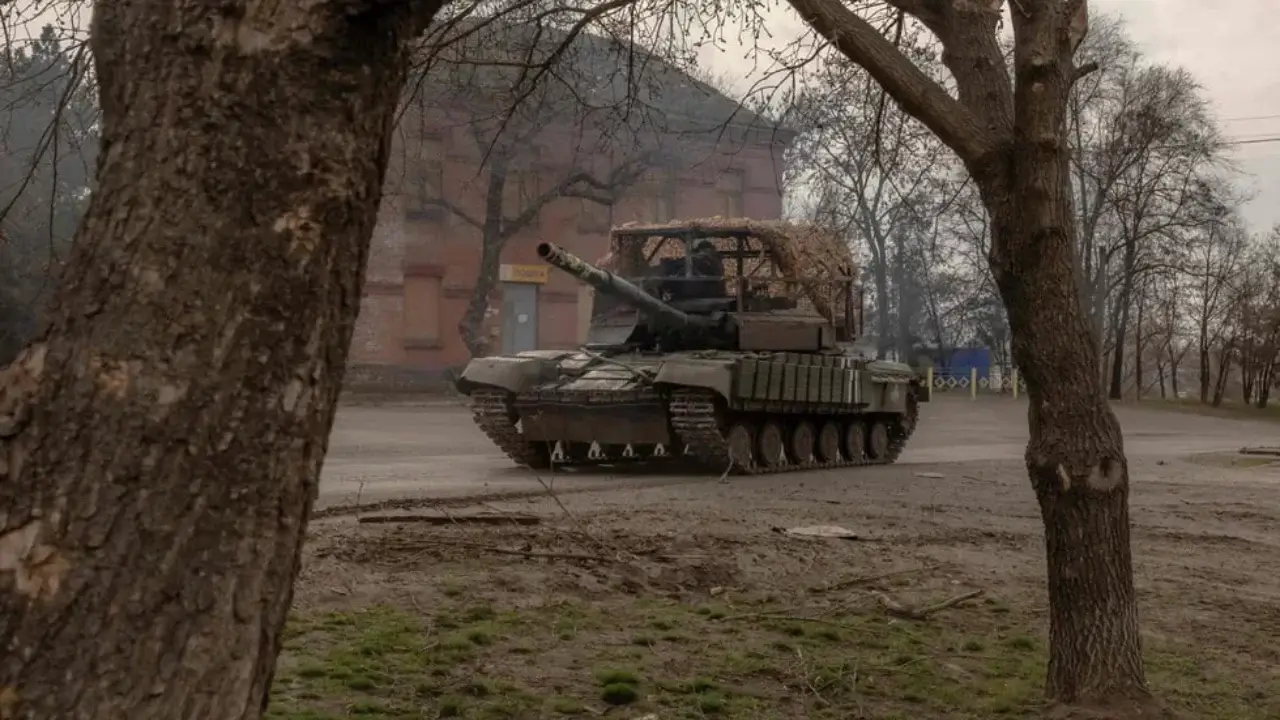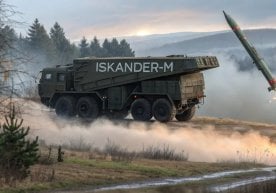JPMorgan: Ceasefire in Russia–Ukraine War May Come in 2025

One of the world’s largest financial institutions — the investment bank JPMorgan Chase — has established a new center for geopolitical risk analysis. This center will assist clients in evaluating the impact of geopolitical changes when making investment decisions. The center’s first report focuses attention on the prospects of ending the prolonged conflict between Russia and Ukraine.
Bank analysts have stated that this war is approaching the “endgame” stage — meaning the final phase — and that the conditions for a ceasefire could take shape in the second quarter of 2025, approximately around July.
Four main scenarios and their probabilities
The report outlines four possible scenarios related to ending the war and shaping Ukraine’s future, with each scenario assigned a probability percentage. In all of them, the possibility of Ukraine returning to its 1991 borders or joining NATO is ruled out.
"South Korea" model (15%) — European troops are stationed on Ukrainian territory, and the U.S. ensures strong defense in case of renewed conflict. Under this condition, investment risk in the country would be low, and it would become an armed but stable state.
"Belarus" model (15%) — Neither the U.S. nor Europe provides security guarantees. Ukraine could turn into an unstable, semi-independent territory under Russian influence. This scenario reflects Russia achieving its maximalist goals.
"Israel" model (20%) — The West provides security guarantees to Ukraine, but does not deploy troops. This shapes the country into a militarized state that is constantly ready for war.
"Georgia" model (50%) — The Geopolitical Center considers this the most likely scenario. According to it, Ukraine would emerge from the war without strong guarantees, face political instability, and gradually fall under Russian influence over time.
Key factor — the level of security guarantees
The authors of the report emphasize that the level of security guarantees offered by the U.S. and Europe to Ukraine is the main factor that will determine which scenario will unfold. If the West cannot provide firm and long-term guarantees, the risk of the most negative outcomes for Ukraine significantly increases.
Conclusion and risks for investors
This geopolitical analysis is important for JPMorgan’s clients not only from a political perspective, but also economically. The direction in which the war develops directly affects investments, infrastructure, and market opportunities in Ukraine. Therefore, for investors, the outcome of the war and the conditions under which it ends are critical not only for political reasons but also in terms of financial stability.
In conclusion, the forecasts from JPMorgan’s Geopolitical Center carry significant implications for Ukraine’s future, as well as for the security and economic development of all of Europe. Even if the war ends, political pressures, external influence, and security challenges may still persist. Meanwhile, global business and political circles continue to search for an answer to whether a ceasefire agreement will be reached by summer 2025. Read “Zamin” on Telegram!
Ctrl
Enter
Found a mistake?
Select the phrase and press Ctrl+Enter 




















